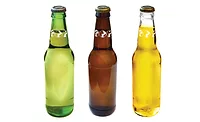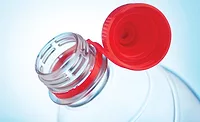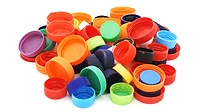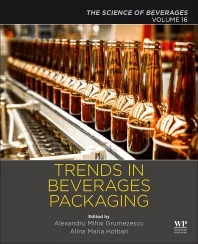Packaging Materials
Legislation, sustainability measures prompt shifts to caps and closures
Suppliers highlight value of tethered closures for beverage brands

Image courtesy of Getty Images
Since its original debut in 1966, “Star Trek” has been one of the most successful TV series in science fiction TV history. Considered to have a large influence in popular culture as a result, “Star Trek” has since spawned nine successor series, 13 movies as of August 2020, merchandise and a multibillion-dollar industry collectively known as the Star Trek franchise. “Well, the whole history of Star Trek is the market demand,” said actor George Takei, aka Hikaru Sulu, helmsman of the fictional starship USS Enterprise.
Within the beverage industry, as caps and closures successfully provide easy-to-use packaging solutions, experts note that demand for enhanced plastic closures from key beverage companies across the globe is influencing the market.
According to London-based Future Market Insights (FMI), as of 2022 the global plastic caps and closures market stands at $44 billion, expecting to reach $61 billion by the end of 2029 at a CAGR of 5% between 2022 and 2029.
Further, in its “Plastic Caps & Closures Market Outlook 2022-2029” report, FMI notes that in terms of cap type, screw closures are estimated to account for almost three-fourths of the plastic caps and closures market-by-market value in 2022.
“In terms of end-use, the beverage segment is expected to lead the market-by-market share during the forecast period,” the report states. “Amongst various potential verticals, beverages hold the largest market share and the status quo is expected to remain the same even in the forecast period.
“As plastic caps and closures turn out to be user-friendly with enhanced packaging, the purpose of secure sealing and improvised safety is served,” it continues. “The future demand and market growth for plastic caps and closures are promising on the back of its highly recyclable and convenient packaging outlook and its increasing applications in food and beverage packaging. Furthermore, the demand for plastic caps and closures is likely to rise as consumers are shifting their focus to convenient packaging solutions.”
Meanwhile, as tethered closures are in widespread production across beverage markets around the world, Tobias Naumann, product manager of application at Ontario, Canada-based Husky Technologies, shares some of the business benefits of switching to tethered closures for beverages, in Beverage Industry’s Tethered Closures webinar, sponsored by Husky.
In the 2022 webinar titled “Tethered Closure Adoption Is Rising Fast: Explore the Latest Examples, Tech, and Tips for Success,” Naumann highlights the sustainability legislation passed in 2019 by the European Union Parliament, which mandates that by July 2024, all closures are to remain on all single-use plastic beverage containers with a volume smaller than 3-liters.
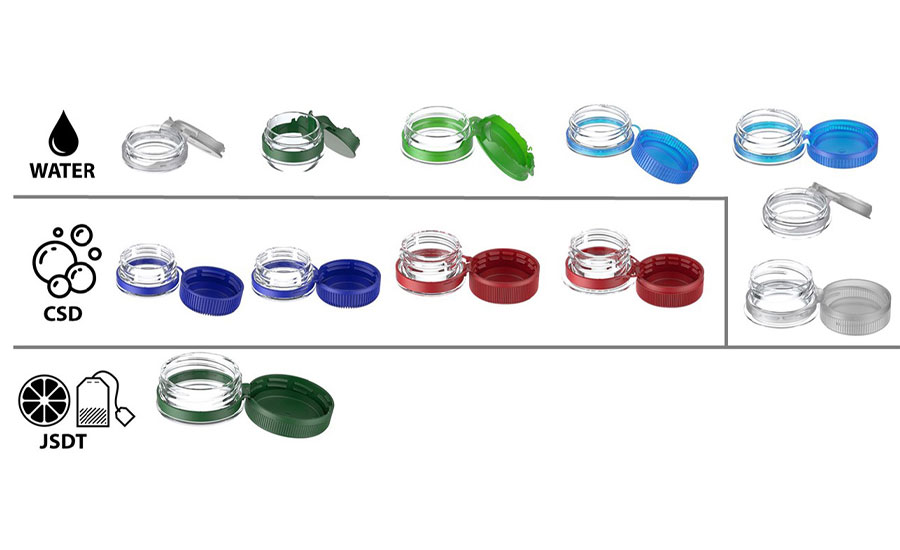
Image courtesy of Husky Technologies
“But not only in Europe are there activities by legislatures,” Naumann says. “We also saw in 2018, in the U.S. there have been bills created in Maine and in the state of California that did not pass at that point, but we think that when successful implementation in the European Union has happened in 2024 that those activities might be reactivated.
“Besides that, we also see activities around the use of plastics in Canada and Australia, specifically in the state of South Australia,” he continues.
Yet, there is a certain value when switching to tethered closures beyond just being compliant with certain laws, Naumann notes. That is the message of sustainability, “to improve the sustainability message of your brand,” he says.
Striving toward a circular economy
With the industry continuing to launch a wide variety of new beverages, comes the expected boom in demand for caps and closures, experts note.
According to FMI’s report, the U.S. beverage industry is expected to see an upsurge in demand for caps and closures for its packaging products, and is estimated to be worth $10.5 billion by 2029, registering a CAGR of 3.5% during the forecast period of 2022-2029.
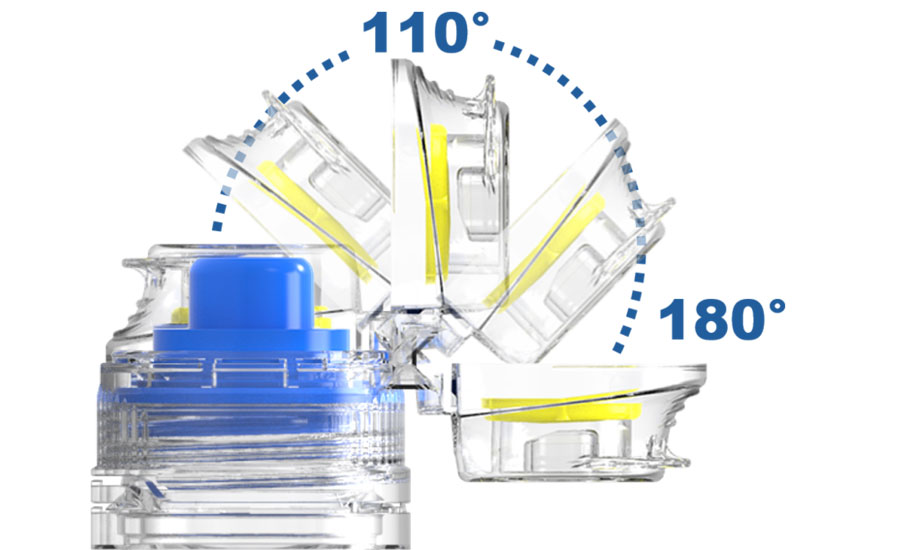
Image courtesy of Aptar Food + Beverage
“It is one of the lucrative markets for plastic caps and closures and is expected to hold the largest market share by value in the North America region,” the report states. “The rising demand for bottled water is one of the major driving factors for the growth of the caps and closures market in the U.S.
“The packaging of beverages such as energy drinks, diet drinks, and sports drinks, dairy is likely to accelerate the growth of the caps and closures market in the country,” it continues.
Nevertheless, the fact that plastic caps and closures are detrimental to the environment cannot be ignored, the FMI report states.
“It is a known fact that the marine ecosystem is getting adversely affected due to unwanted accumulation of plastic therein,” it notes. “This factor is bound to hamper the plastic caps and closures market in the near future.”
As part of its effort to help companies achieve bold environmental targets, Atlanta-based Aptar Food + Beverage unveiled its recently launched Food + Beverage new brand identity, “Create, Collaborate, Innovate” at drinktec 2022, which took place from Sept. 12-16 in Messe München, Germany.
The company also showcased its latest closure solutions for dispensing beverages and other liquid products, from pouring to squeezing solutions, as well as its new tethered closures in compliance with the upcoming European directive regulation for single-use plastics.
“We are looking forward to participating at drinktec 2022 and promoting multiple breakthrough solutions including Rocket, the next generation sport cap, our full line of closures for beverages, as well as a sneak peek at some prototypes that are set to create new ways of handling and protecting products,” said Arthur Lenoir, product marketing director EMEA at Aptar Food + Beverage, in a statement. “We’re delighted to be able to get together again in person at this important industry event.
“Aptar Food + Beverage is an industry leader in innovation, well known for helping customers revolutionize their packaging with superior performance, convenience and safety, but we can’t talk about innovation without sustainability,” Lenoir continues. “Designing for sustainability, incorporating more recyclable and reusable products, and reducing the use of conventional, fossil-based, resins are important parts of our strategy.”
Beverage-makers will continue to need innovations within caps and closures to help them support the global sustainability goals when it comes to packaging.
Looking for a reprint of this article?
From high-res PDFs to custom plaques, order your copy today!




